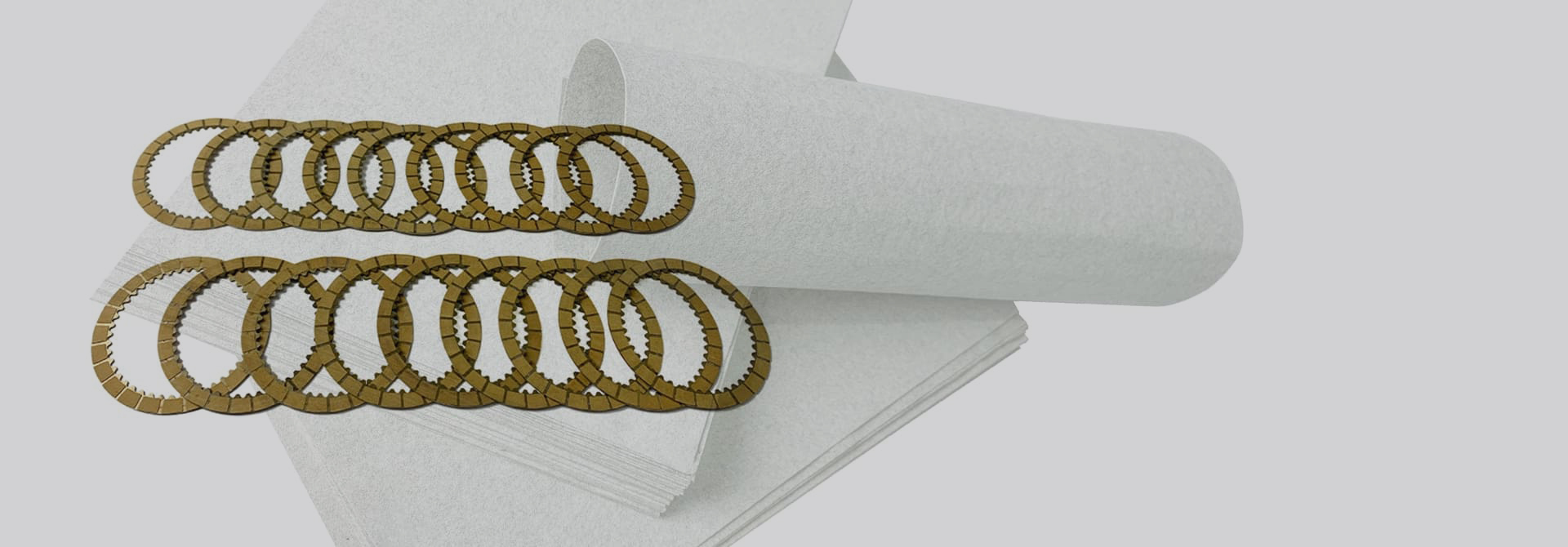Friction Material

ఉత్పత్తి వివరణ
Friction material refers to a type of material that is specifically designed to provide frictional resistance when in contact with another surface. It is commonly used in various applications where controlled friction is required, such as braking systems, clutches, and industrial machinery. Friction materials are typically composed of a combination of fibers, fillers, binders, and additives. The specific composition may vary depending on the intended application and performance requirements.
Friction materials are essential components in various applications where controlled friction is required. They play a critical role in ensuring safe and efficient operation, providing reliable braking, clutch engagement, and power transmission capabilities.
Types of Friction Materials
Benefits of Friction Material
Friction materials play a crucial role in various mechanical systems, particularly in braking and clutch applications for vehicles and machinery. These materials are engineered to provide controlled friction between surfaces in contact, enabling the efficient transfer or dissipation of energy. The benefits of friction materials are vast, impacting safety, performance, durability, and cost-effectiveness. Here’s a closer look at these benefits:
Effective Energy Conversion Friction materials are designed to convert kinetic energy into thermal energy efficiently. In braking systems, this allows for the controlled deceleration and stopping of a vehicle. The ability to manage this energy conversion effectively is crucial for safety and performance.
Wear Resistance High-quality friction materials are formulated to be wear-resistant, ensuring they maintain their effectiveness over time and under various operating conditions. This wear resistance contributes to the longevity of brake pads, clutch linings, and other components that use friction materials, ultimately reducing the need for frequent replacements.
Heat Dissipation Effective heat dissipation is critical in friction applications to prevent overheating, which can lead to failure or reduced performance. Friction materials are developed to withstand high temperatures and dissipate heat efficiently, maintaining the integrity and reliability of the system during operation.

